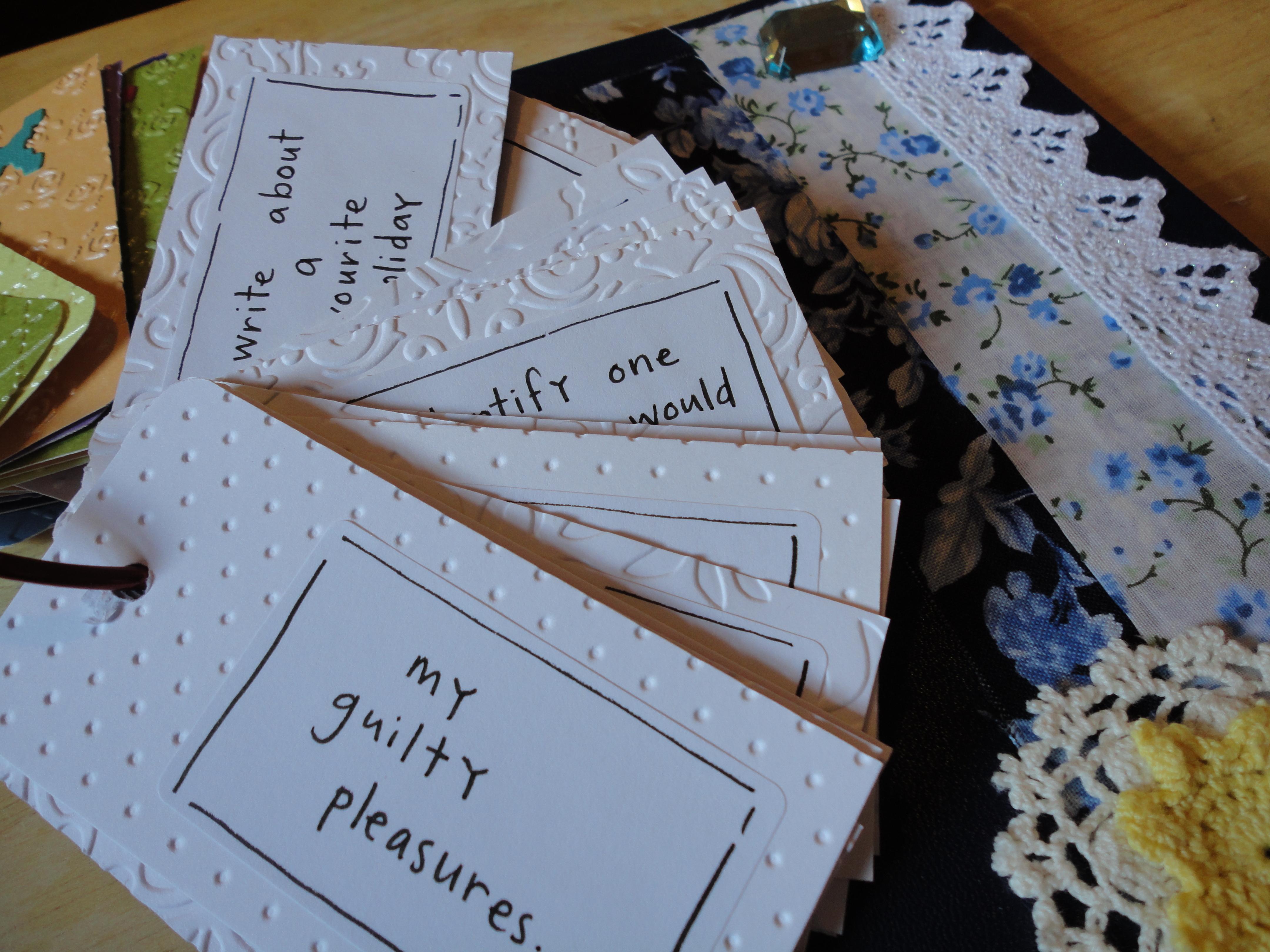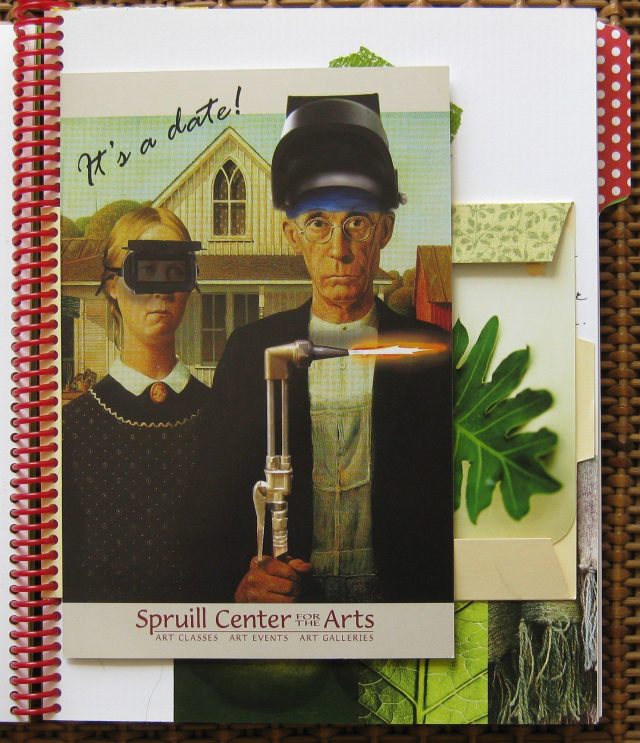In today’s fast-paced world, it’s easy to feel overwhelmed by the constant barrage of responsibilities, expectations, and uncertainties. If you’re seeking a way to navigate these stressors with grace and resilience, journaling might just be the tool you need. More than just putting pen to paper, journaling is a powerful practice that can help untangle the knots of anxiety and stress that often bind us. This article will guide you through practical and compassionate tips for using journaling as a means of self-care and emotional release. Whether you’re new to journaling or looking to deepen your practice, these strategies are designed to support you in creating a safe space where your thoughts and feelings can flow freely. Let’s embark on this journey together, and discover how the simple act of writing can transform your mental landscape into one of calm and clarity.
Creating a Safe Space for Your Thoughts
Embracing the art of journaling can transform how you process your emotions, offering a private refuge for your innermost thoughts. Here are some ways to enhance your journaling practice to effectively manage anxiety and stress:
- Set a Consistent Routine: Choose a specific time each day to journal. Whether it’s morning or evening, having a regular schedule can create a comforting ritual.
- Embrace Imperfection: Your journal is a judgment-free zone. Allow yourself to write without worrying about grammar or coherence.
- Include Positive Affirmations: Balance your reflections by noting at least one positive aspect of your day or a personal strength.
For those who enjoy structure, consider incorporating prompts or themes to guide your writing. Here’s a simple table with some prompt ideas:
| Day | Prompt |
|---|---|
| Monday | What am I grateful for today? |
| Wednesday | Describe a recent challenge and how I handled it. |
| Friday | List three things that made me smile this week. |
Remember, the key is to let your thoughts flow freely. This space is yours to explore, reflect, and heal.

Transforming Anxious Energy into Creative Expression
Harnessing the swirling storm of anxious energy and channeling it into creative expression can be a profoundly liberating experience. Journaling offers a safe space where you can explore your thoughts and feelings without judgment. Here are some tips to guide your pen and help you transform anxiety into art:
- Free Write: Allow your thoughts to flow freely without worrying about grammar or structure. Set a timer for 10 minutes and write whatever comes to mind. This practice helps you unload mental clutter and uncover underlying emotions.
- Use Prompts: Sometimes a little nudge is all you need to get started. Consider prompts like ”What am I grateful for today?” or “Describe a place where you feel at peace.”
- Incorporate Art: Add sketches, doodles, or even colors to your journal. Visual elements can provide another layer of expression, making the process more engaging and therapeutic.
To help you better manage your journaling sessions, here’s a simple table to track your progress:
| Date | Mood Before | Topic | Mood After |
|---|---|---|---|
| October 15 | Anxious | Gratitude | Calm |
| October 16 | Stressed | Peaceful Place | Relaxed |

Building a Consistent Journaling Routine for Lasting Relief
Establishing a journaling habit can be a transformative tool for alleviating anxiety and stress. To begin with, consider integrating journaling into your daily routine by setting aside a specific time each day. This could be in the morning to set intentions or at night to reflect on the day’s events. Consistency is key, so choose a time that naturally fits into your lifestyle.
- Start Small: Begin with just five minutes a day. The goal is to make journaling a sustainable habit, not a chore.
- Choose Your Medium: Whether it’s a digital app or a traditional notebook, select a medium that feels comfortable and accessible.
- Create a Ritual: Pair your journaling with a calming activity like drinking tea or playing soft music to create a soothing environment.
| Time of Day | Potential Benefits |
|---|---|
| Morning | Set a positive tone for the day |
| Evening | Reflect and unwind from daily stressors |
remember that your journal is a personal space for self-expression. Allow yourself to write freely without judgment. This practice can serve as a powerful outlet for processing emotions and gaining clarity, ultimately contributing to a more peaceful mind.

Utilizing Prompts to Navigate Stressful Emotions
Journaling can be a powerful tool for managing overwhelming emotions. By harnessing the power of prompts, you can channel your thoughts in a way that promotes calmness and clarity. Here are some effective strategies to help you get started:
- Identify Triggers: Start by asking yourself, “What situations or thoughts are causing my stress?” Understanding the root cause can help you address it more effectively.
- Practice Gratitude: Write about three things you are grateful for today. This simple practice can shift your focus from anxiety to positivity.
- Visualize Solutions: Use prompts like, “What would my day look like if I felt less stressed?” to guide your mind towards constructive solutions.
To keep track of your progress, consider maintaining a simple table in your journal. Here’s a format you can use:
| Day | Trigger | Emotion | Positive Thought |
|---|---|---|---|
| Monday | Work Deadline | Anxiety | I am capable and prepared. |
| Tuesday | Family Conflict | Stress | Open communication can help resolve this. |
Utilizing these prompts can help transform your journaling practice into a therapeutic experience, providing a structured way to process and release stressful emotions. Remember, the goal is not perfection but progress.








































